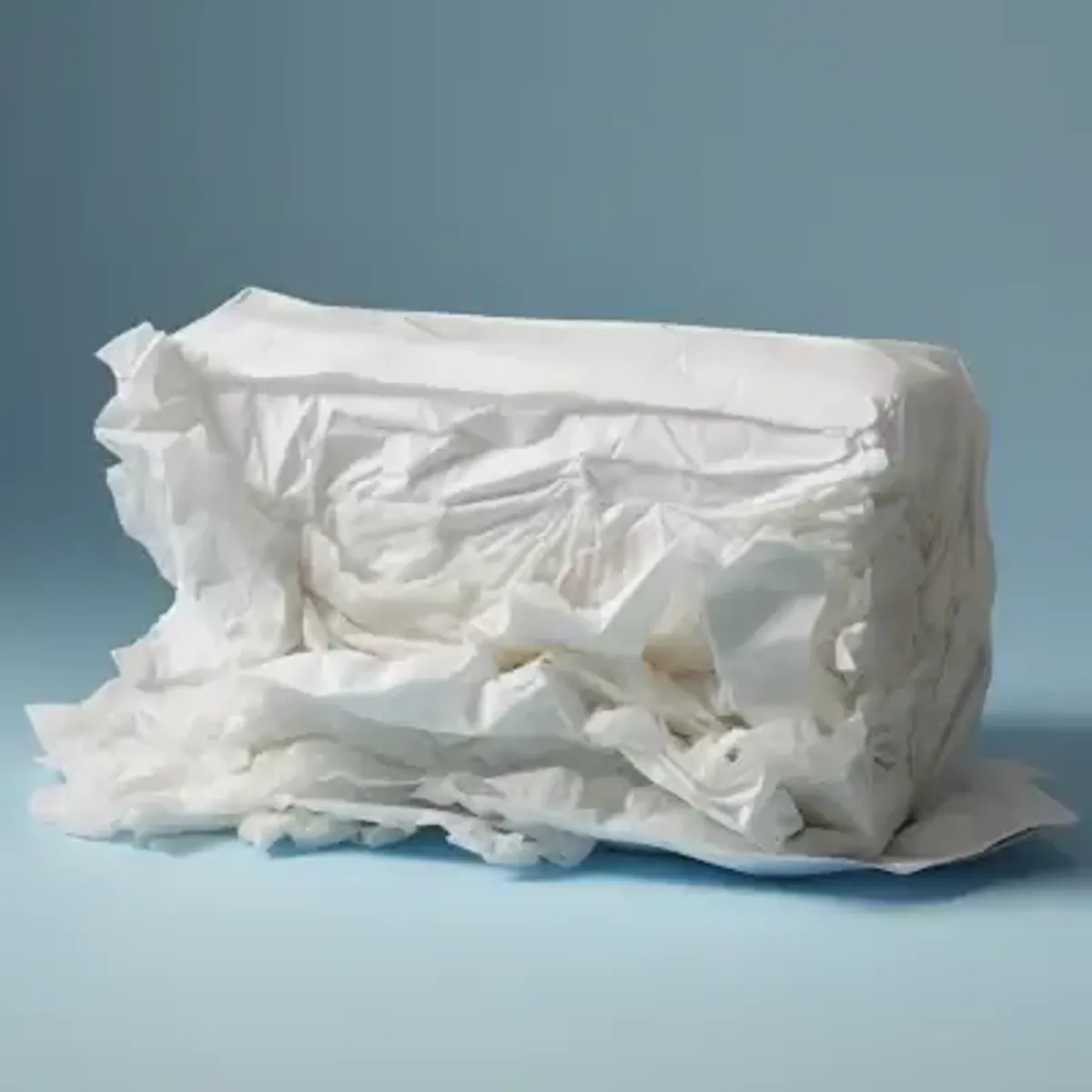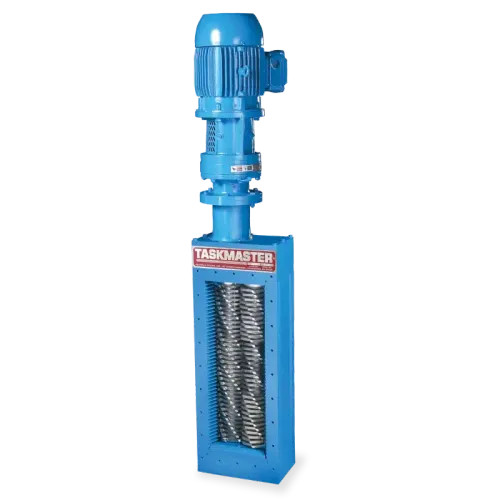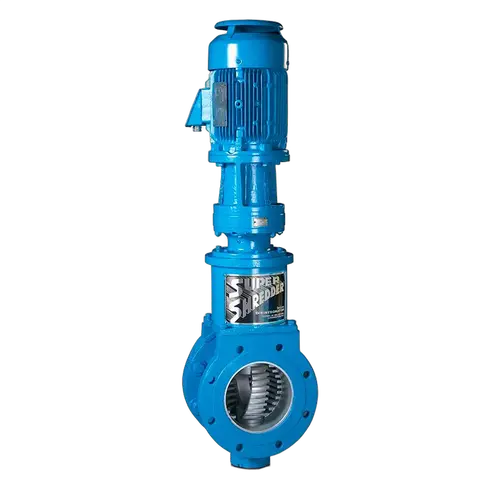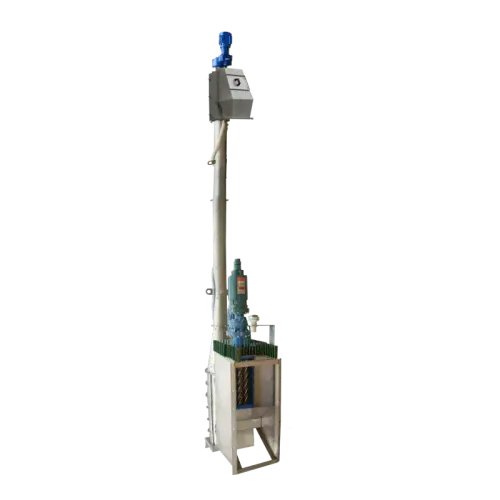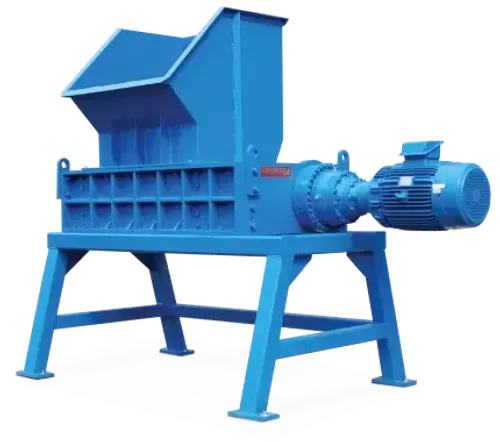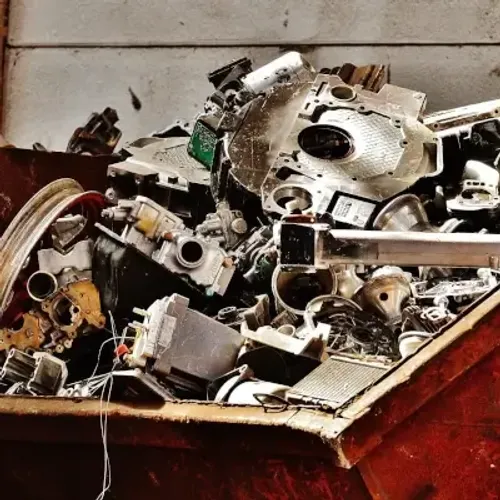Though disposable wipes have long been popular amongst parents, their use exploded at the beginning of the COVID-19 pandemic—sales of wipes surged by 75 percent over the past year to January 2021.
What attracts people to wet wipes is their portability and convenience. We get it. They’re a quick solution for messy-faced-kid clean-ups that spill on aisle ten or the muddy hands you got while gardening.
Read on to learn why flushable wipes are the bane of governments across the globe and what you can do to solve the problem.
Why Do People Use Flushable Wipes?
People use flushable wipes to:
- Remove cosmetics and face-washing
- Clean everything from kitchen counters to toilets
- Replace toilet paper
- Help with diaper changes
- Disinfect hands in public places
And once you’re done with a wipe, you can just throw them in the trash or down the toilet, right?
Problem solved! Or is it? City administrations all over America are now issuing alerts to advise citizens to keep these wipes away from the bathroom.
Why Do They Pose Such a Problem?
Unfortunately, there isn’t just a simple, single problem with wet wipes to solve. These seemingly innocuous pieces of damp tissues create numerous issues for both plumbing and the environment.
They Clog Your Pipes
Manufacturers design toilet paper to break down as soon as it hits the water. However, don’t be deceived into thinking that the “flushable” in flushable wipes means they’ll perform the same way.
Despite the label on the packaging stating some wipes are flushable, most plumbers will tell you this is definitely not the case. In fact, some research suggests that so-called flushable wipes become even less “dispersible” than they already are the longer they’re stored. The more wipes you drop into your toilet, the more likely your pipes, septic tank, or even the city sewer system will become blocked.
And no one wants to deal with sewage backing up into their home or shell out tons of money to get the plumber in.
They’re Bad For the Environment
The environmental effects of wet wipes are related to their production and disposal. Like other fiber-based products, the manufacturing process requires a lot of water. And, of course, there’s the same use of non-renewable resources like oil that comes with any plastic product.
Disposable wipes are also among the other PPE products like masks and gloves ending up on beaches and in the ocean. Once in our waterways, they wreak havoc on marine life. Ocean creatures swallow them and they clog coral reefs.
And if they end up in a landfill, they might stay there, intact, for as long as a century.
They Might Cause Health Problems
Flushable wipes are soaked in solutions designed to help them clean or disinfect your skin.
Though you can get some wipes claiming to be hypo-allergenic, many others contain controversial chemicals such as parabens, preservatives like methylchloroisothiazolinone and methylisothiazolinone, and a variety of fragrances. These compounds may cause allergic reactions in some people, especially after repeated exposure.
Always carefully check the ingredient list on the package of wipes and stop using them if you react.
Wipes can also become contaminated with all manner of viruses and bacteria: E. Coli, hepatitis, cholera, just to name a few. By flushing them into the sewage system, you’re also inadvertently contributing to the contamination of coastal waterways.
How to Safely Dispose of Wet Wipes
So if a flushable wipe isn’t actually supposed to be flushed down the toilet, where do you put it? Thankfully, there are a few solutions to help you deal with this municipal menace.
Throw Them in the Trash
The EPA advises dropping wipes into a trash can, just as you would with cleaning items, paper towels, and rags. To ensure your garbage container stays hygienic, use a liner bag and clean it regularly with disinfectant.
Consider keeping a bin in the bathroom if members of your household or your organization’s staff keep flushing wipes. Add a sign to remind people to trash them and not flush them. If you’re concerned that the wipes are contaminated, bag them up securely and take them to your local pharmacy or hospital, where they can be safely disposed of.
Of course, this doesn’t solve the problem of these non-biodegradable wipes filling up the landfills or ending up in the belly of a turtle. But at least your plumbing is safe!
Grind Them Up
Wipes grinders are an affordable, efficient solution for commercial businesses, hospitals, or factories that go through large amounts of disposable or disinfectant wipes.
They help ensure companies can keep wipes out of waterways and keep city sewers free of fatbergs, even if they have a lot to dispose of. By grinding wipes instead of just throwing them into the trash whole, you reduce the load on landfills–meaning lower, more compact volumes of trash.
These industrial grinders are designed with treatment works in mind to handle even the most demanding waste materials. And if you have specific grinding needs, such as huge volumes or safety concerns, most manufacturers can provide custom solutions and configurations. Just ask!
Don’t Buy Them in the First Place
Another solution to your wipes problem is to simply, well, avoid purchasing them. There are a ton of alternatives for both home and commercial settings. (Though, of course, there are some industries where their use is unavoidable, such as medical facilities.)
Some disposable wipe replacements include:
- Eco-friendly materials like bamboo
- Reusable fabric cloths and rounds
- Compostable and biodegradable wipes
- Toilet bidets and “family cloth”
If you’re worried about staying sanitized, especially in the post-pandemic era, wash your hands regularly at a sink with soap and water. Research proves it protects you from common bacterial and viral disease transmission.
Solutions at Your Fingertips
If you’re ready to give up flushable wipes for good, municipal authorities and eco-warriors alike will thank you. Stop throwing your wipes in the toilet and look for better solutions to the landfill issue, like grinding large volumes of wipe waste into more manageable volumes. Hunt down alternatives like compostable wipes or try handwashing with soap and water.
If you’re a large business looking for trash solutions, reach out to the team at Franklin Miller today. They have over 100 years of experience with waste size-reduction technology: from grinders, shredders, and crushers to wastewater treatment systems.

